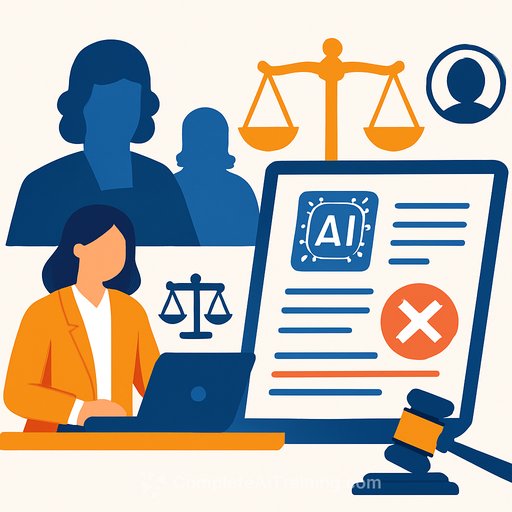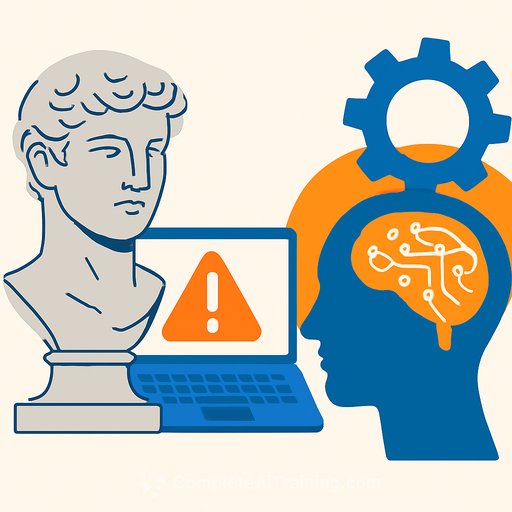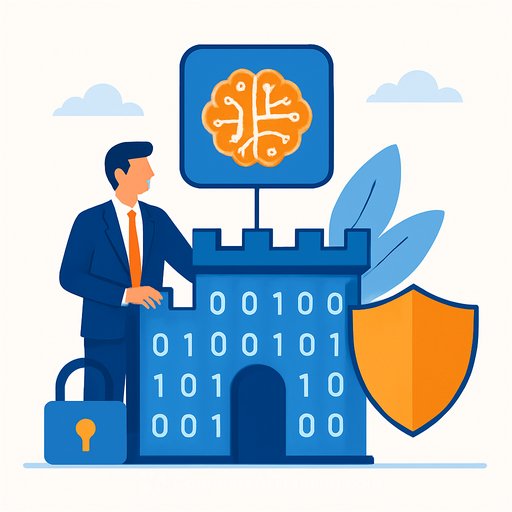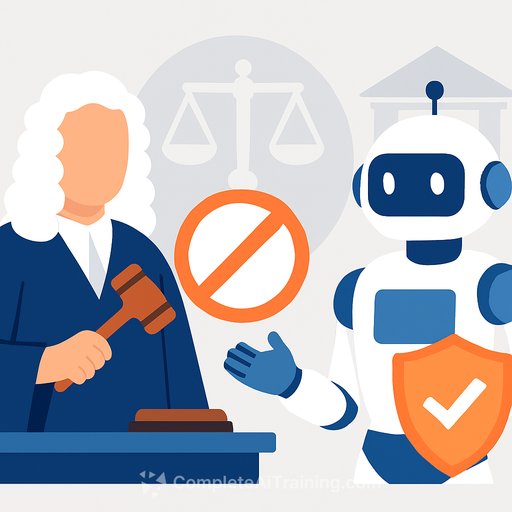‘Fake’ Citations Prompt Civil Justice Council to Form AI Working Group
The Civil Justice Council (CJC) has launched a working group to tackle concerns about artificial intelligence (AI) generating inaccurate or ‘fake’ citations in legal research. These misleading references risk damaging the reliability of legal documents and eroding trust within the profession.
Purpose of the Working Group
The group’s main goal is to assess how AI-generated content affects legal research and citation practices. They will work on establishing clear guidelines to help legal professionals verify sources and maintain the accuracy of their work. Ethical considerations around AI use in law will also be a key focus, along with strategies to reduce potential risks.
Who’s Involved?
The working group includes a mix of legal practitioners, academics, and technology experts. This variety ensures the issue is examined from multiple perspectives, combining legal expertise with technical know-how.
What’s Next?
The CJC will organize several meetings to develop findings and recommendations. Their aim is to share these insights widely, encouraging the legal community to adopt responsible AI practices in research and citation.
Addressing ‘fake’ citations is critical to preserving the accuracy of legal information and protecting the integrity of the justice system.
For legal professionals looking to improve their understanding of AI tools and their safe application, resources and training courses are available at Complete AI Training.
Your membership also unlocks:





